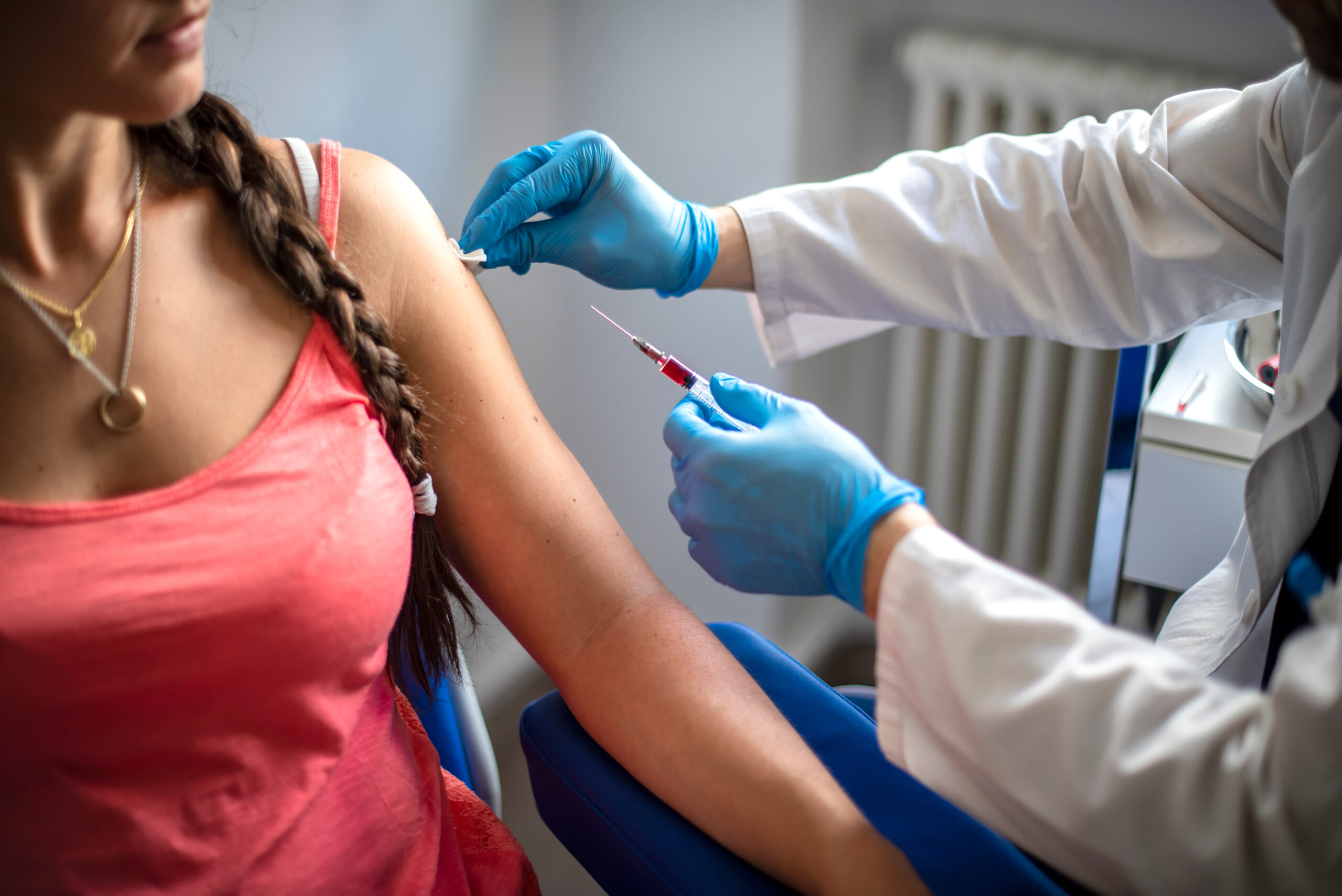
Meningitis shots required for Nevada high school seniors
Dr. BCW, Dr. Curry-Winchell, talks with the Las Vegas Sun about the Meningitis shots required for Nevada high school seniors this year.
Read the full Las Vegas Sun article here
Article Snippet:
Dr. Bayo Curry-Winchell, a Reno family practitioner who serves as the urgent care medical director for Saint Mary’s and Carbon Health and as a member of the Governor’s Medical Advisory Board, said that children already lost so much in-person learning during the pandemic shutdown that they shouldn’t get sick with any vaccine-preventable disease now.
“As a parent myself, I always like to remind my (patients’) parents we would have had so many different diseases that would have been prevalent if we didn’t have vaccines in play,” she said. “They have really helped either eradicate or decrease the presentation of diseases that we know can sometimes be life-threatening, debilitating and really have long-lasting effects.”
The meningitis shot joins shots against the chicken pox; polio; measles, mumps and rubella; hepatitis A and B; diphtheria, tetanus and pertussis as a required vaccine.
Public health officials also recommend — but don’t require — youngsters be immunized against the flu, human papillomavirus (HPV) and COVID-19.
See what else Dr. BCW has to share as she answers questions for the Las Vegas Sun as they discuss the recent change that made meningitis shots required for Nevada high school seniors
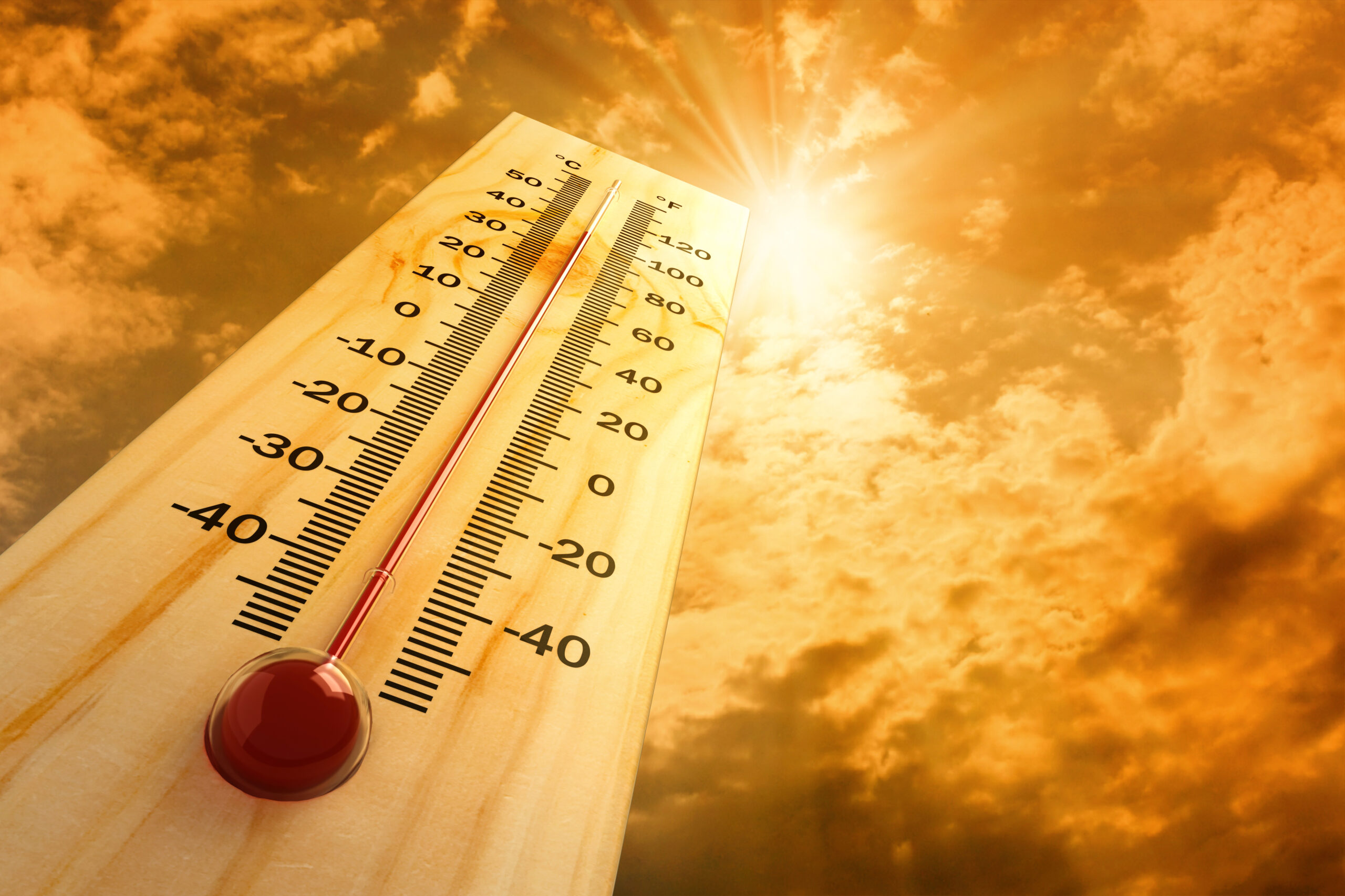
Stay alert and be mindful as summer temperatures rise
Dr. BCW, Dr. Curry-Winchell, tells Nevada Independent to stay alert and be mindful as summer temperatures rise.
Read the full Eat This, Not That article here
Article Snippet:
Summer is finally here, providing opportunities to enjoy the outdoors, gather with loved ones, get more physically active and perhaps travel. While the season generally offers more time to indulge in these pleasures, there are some things to keep in mind as temperatures increase.
Keep baby cool. Most people are aware of the dangers of leaving a child in a car or participating in physical activities in the extreme heat. These are typical conditions that can increase the possibility of suffering from heat exhaustion or a heat stroke. However, getting heat exhaustion or a heat stroke is not limited to the outdoors. Both also can occur inside of a house.
When putting a child down for a nap, ensure that there is adequate air conditioning or cool air circulating in the room. Babies and young children are not able to verbally communicate so you may not be able to identify the typical signs of heat exhaustion or heat stroke. Be aware of some of the early symptoms including irritability, loss of appetite, increased thirst, or any change in behavior that is not baseline for the child.
Additionally, it’s important to recognize the differences between heat exhaustion and a heat stroke, though the two share similarities…
See what else Dr. Curry-Winchell has say in the full post the Nevada Independent as she discusses why it is important to stay alert and be mindful as summer temperatures rise.
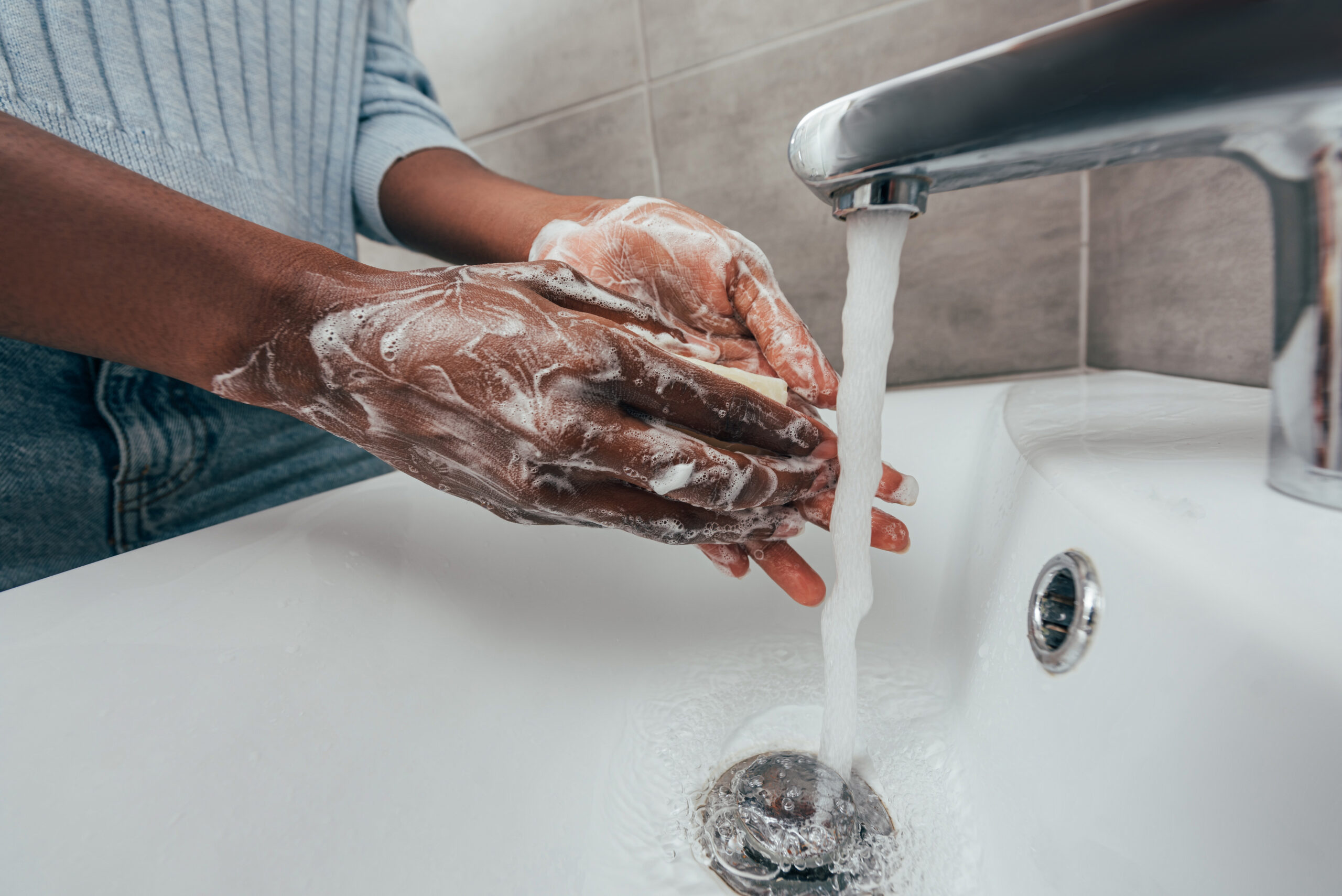
Simple Ways to Never Get Sick According to Doctors
Dr. BCW, Dr. Curry-Winchell tells Eat This, Not That about some simple ways to never get sick.
Read the full Eat This, Not That article here
Article Snippet:
With a deadly virus looming over us and flu season around the corner, staying healthy is vital and not taking care of yourself puts you at greater risk for COVID-19 and other infections. That said, there’s simple things we can do to help prevent sickness and Dr. Bayo Curry-Winchell, Urgent Care Medical Director and Physician, Carbon Health and Saint Mary’s Hospital shares with Eat This, Not That Health her tips for avoiding illness. Read on—and to ensure your health and the health of others, don’t miss these Sure Signs You’ve Already Had COVID.
Wash Your Hands Throughout the Day
Dr. Curry-Winchell tells us, “Washing your hands after you use the restroom is a phrase we are all familiar with, however, it’s important to exercise this routine after each meal or snack, and when you get home. Throughout the day we shake people’s hands and touch several surfaces and objects. Washing your hands before you eat helps decrease the possibility of encountering bacteria or viruses that may cause you to get sick.”…
See what else Dr. BCW has to share as she answers questions for Eat This, Not That as they discuss simple ways to never get sick.
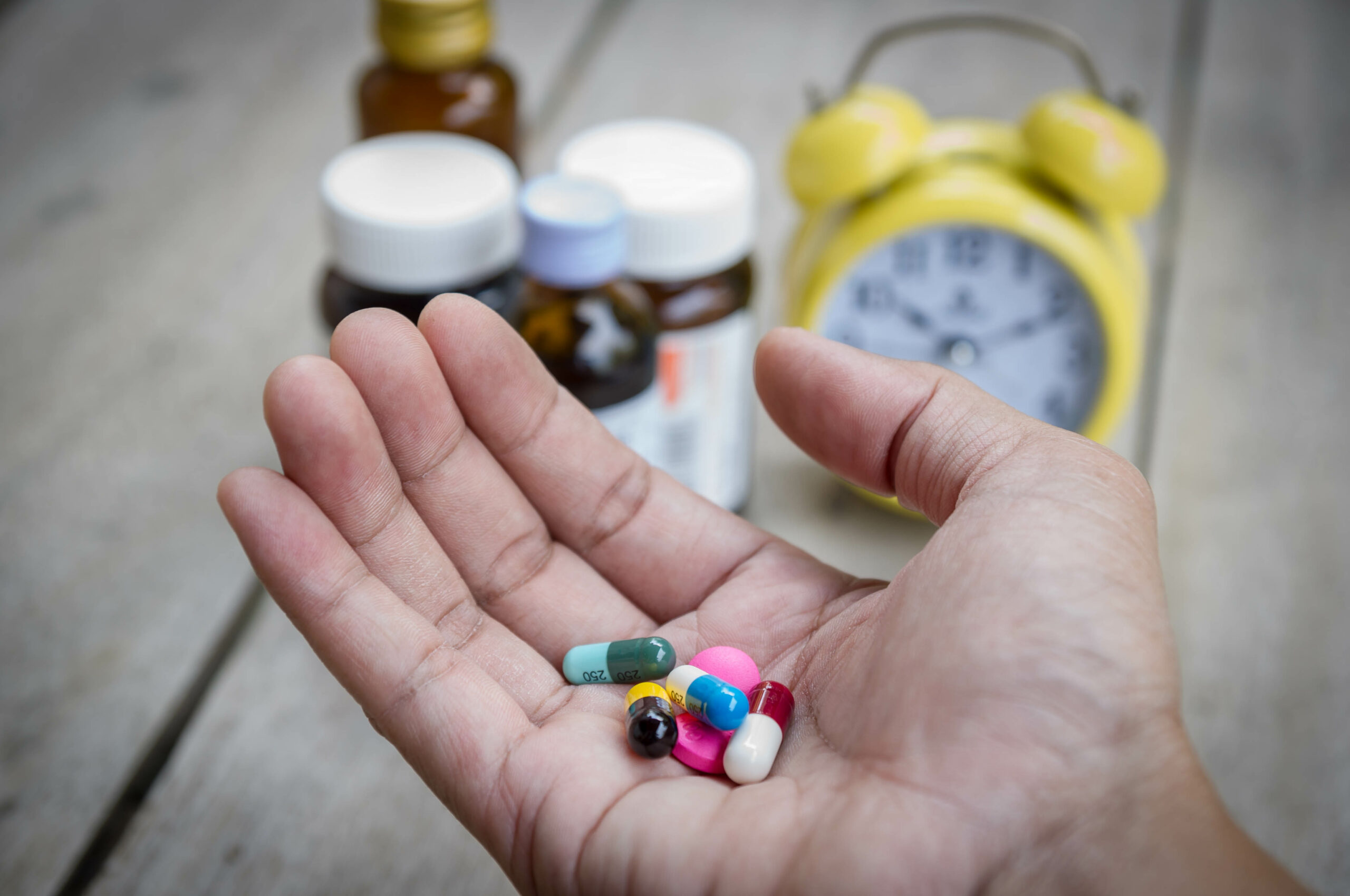
Dangerous Effects of Too Many Vitamins, Says MD
Dr. BCW, Dr. Curry-Winchell, talks with Eat This, Not That about the dangerous effects of too many vitamins.
Read the full Eat This Not That article here
Article Snippet:
We’ve all been told that taking vitamins is a good thing, but is it really? That depends on who you talk to. While many people can get the nutrients they need from eating a balanced diet, vitamin deficiency is a real issue for others and supplements can be a solution. That said, there’s harmful side effects to be aware of that Dr. Bayo Curry-Winchell, Urgent Care Medical Director and Physician, Carbon Health and Saint Mary’s Hospital explains to us and before taking any vitamin, please consult with your physician first. Read on—and to ensure your health and the health of others, don’t miss these Sure Signs You’ve Already Had COVID.
What Should People Know About Vitamins Before Taking Them?
Dr. Curry-Winchell emphasizes “First and foremost, make sure you discuss the vitamins you are taking with your healthcare provider. There is a myth that vitamins cannot cause harm. However, they can if taken in high quantities or with specific medications or health conditions including pregnancy. So be careful!”…
See what else Dr. BCW has to share as she answers questions for Eat This, Not That as they discuss the dangerous effects of too many vitamins.

The Startling Side Effect of High Blood Pressure, Says Study
Dr. BCW, Dr. Curry-Winchell, talks with Eat This, Not That about the startling side effect of high blood pressure according to recent study.
Read the full Eat This, Not That article here
Article Snippet:
High blood pressure doesn’t make the headlines as much as other health concerns, but it’s a serious issue that millions struggle with. The Centers for Disease Control and Prevention reports, “Nearly half of adults in the United States (47%, or 116 million) have hypertension, defined as a systolic blood pressure greater than 130 mmHg or a diastolic blood pressure greater than 80 mmHg or are taking medication for hypertension.” When left untreated, high blood pressure can cause major health problems like “wear and tear of blood vessels, heart attack, kidney damage, and stroke,” Dr. Rahul Aggarwal, Interventional cardiologist, Palm Beach Gardens Medical Center part of the Palm Beach Health Network tells us. In addition, according to one study, high blood pressure has been linked to a startling side effect. Read on—and to ensure your health and the health of others, don’t miss these Sure Signs You’ve Already Had COVID.
High Blood Pressure and the Link to Dementia
Christian Benedict, Associate Professor at Uppsala University’s Department of Neuroscience, and senior author of the study, explained in a press release accompanying the study shares that researchers observed 1000 Swedish older men who were followed for 24 years. The study revealed that blood pressure can vary throughout the day with lower readings at night that researchers called “dipping.” “The risk of getting a dementia diagnosis was 1.64 times higher among men with reverse dipping compared to those with normal dipping. Reverse dipping mainly increased the risk of Alzheimer’s disease, the most common form of dementia,” says Xiao Tan, postdoctoral fellow from the same department and first author of this research….
See what else Dr. Curry-Winchell has to share as she answers questions for Eat This, Not That as they discuss the startling side effect of high blood pressure, according to recent studies.
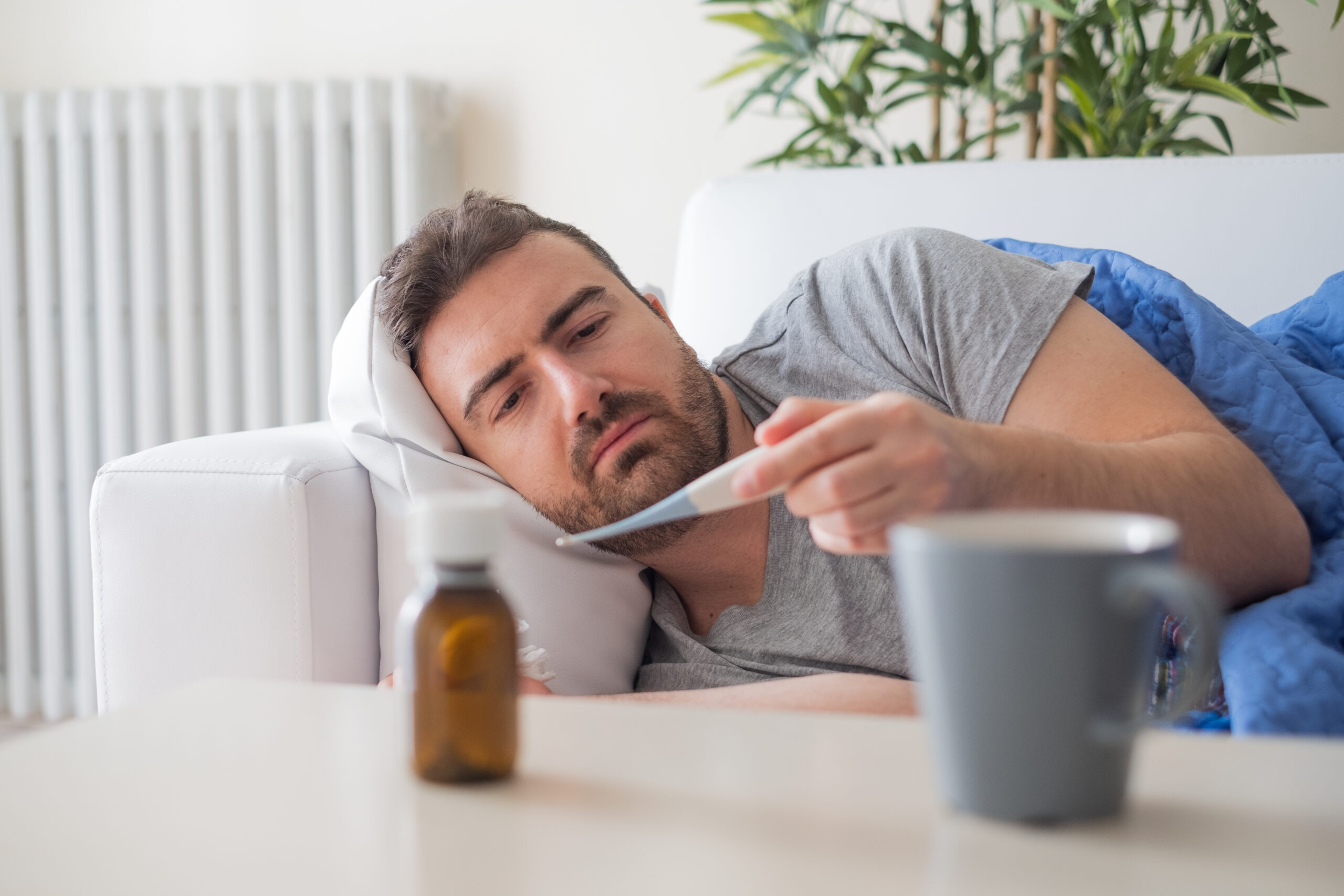
Sure Signs You Have the New COVID Variant
Dr. BCW, Dr. Curry-Winchell, talks with Eat This, Not That about the sure signs you have the new COVID variant.
Read the full Eat This Not That article here
Article Snippet:
Our lives have been turned upside down for over two years now thanks to COVID and while things are returning to normal, the pandemic isn’t over. People are still getting infected daily with the virus and there’s an uptick of cases in many areas. In addition, there’s constantly new variants because the virus continues to mutate, which makes this feel like it’s never ending. Dr. Bayo Curry-Winchell, Urgent Care Medical Director and Physician, Carbon Health and Saint Mary’s Hospital has been treating COVID patients since the beginning and Eat This, Not That! Health spoke with her about the latest variants and what to know about them. Read on—and to ensure your health and the health of others, don’t miss these Sure Signs You’ve Already Had COVID.
What is the Latest COVID Variant and What Should People Know About It?
Dr. Curry-Winchell says, “BA.4 and BA.5 are the two new variants that are causing an uptick in cases. The subvariants are a concern because of their ability to transmit infection quickly (highly contagious) and re-infect people previously infected with COVID-19.”
See what else Dr. BCW has to share as she answers questions for Eat This, Not That as they discuss the sure signs you have the new COVID variant.
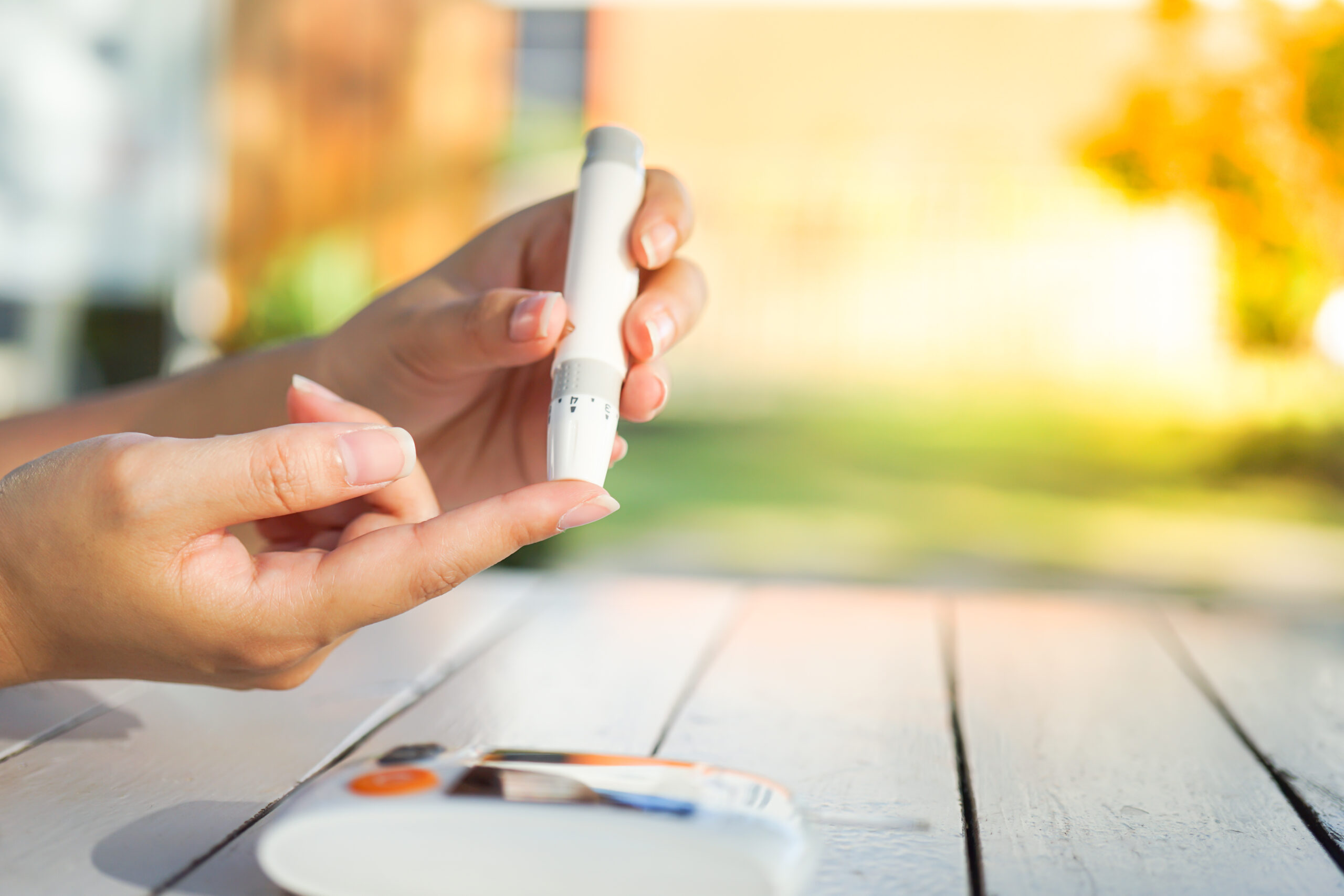
This is What it Feels Like to Have High Blood Sugar
Dr. BCW, Dr. Curry-Winchell, tells Eat This, Not That what it feels like to have high blood sugar
Article Snippet:
High blood sugar is a serious health concern that mostly affects people with diabetes and if left untreated can lead to major complications like vision loss, kidney disease and heart disease. There’s several reasons why blood sugar can spike like not eating the right foods, dehydration, not being active and more, but when blood sugar goes up, it can feel awful. Eat This, Not That! Health spoke with Dr. Bayo Curry-Winchell, Urgent Care Medical Director and Physician, Carbon Health and Saint Mary’s Hospital who explained what to know about high blood sugar and what it can feel like. Read on—and to ensure your health and the health of others, don’t miss these Sure Signs You’ve Already Had COVID.
Dr. Curry-Winchell says, “The best way to check your blood sugar (glucose) levels is when you haven’t eaten anything. We call that your normal fasting blood sugar. While there’s a number of factors that can impact your blood sugar levels, we like to say “normal” is generally between 70 to 130 mg/dL. The best way to check your blood sugar is with a blood glucose meter which is widely available and an affordable option.?”
See what else Dr. BCW has to share as she answers questions for Eat This, Not That as they discuss what it feels like to have high blood sugar.
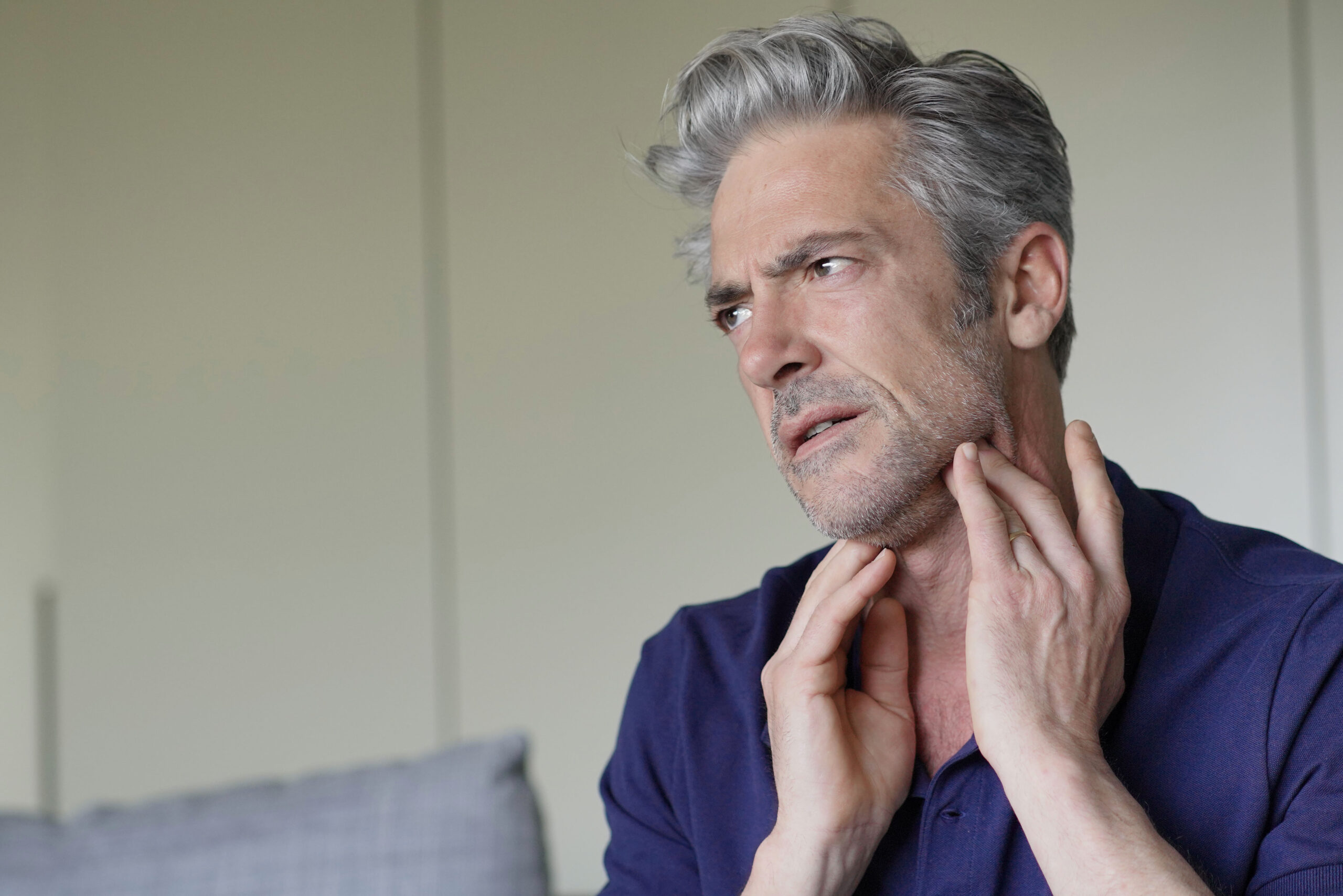
Silent Symptoms of Monkeypox You Need to Know
Dr. BCW, Dr. Curry-Winchell, discusses the silent symptoms of Monkeypox you need to know about with Eat This, Not That.
Read the full Eat This Not That article here
Article Snippet:
As monkeypox continues to spread worldwide officials are watching the virus closely and although it is a rare occurrence cases are still rising throughout the United States. While researchers are still learning about how monkeypox affects different communities, Eat This, Not That! Health spoke with Dr. Bayo Curry-Winchell, Urgent Care Medical Director and Physician, Carbon Health and Saint Mary’s Hospital who explained what seniors should know about the virus and symptoms to watch out for. Read on to find out more—and to ensure your health and the health of others, don’t miss Already Had COVID? These Symptoms May “Never Go Away”.
What Do People Need to Know About Monkeypox?
Dr. Curry-Winchell says, “Monkeypox is a rare disease first discovered in the late 1950’s after two outbreaks of pox-like disease occurred in colonies of monkeys kept in research. What we know is symptoms of monkeypox are similar but milder than those of smallpox – with the big difference being swelling of the lymph nodes (lymphadenopathy).”
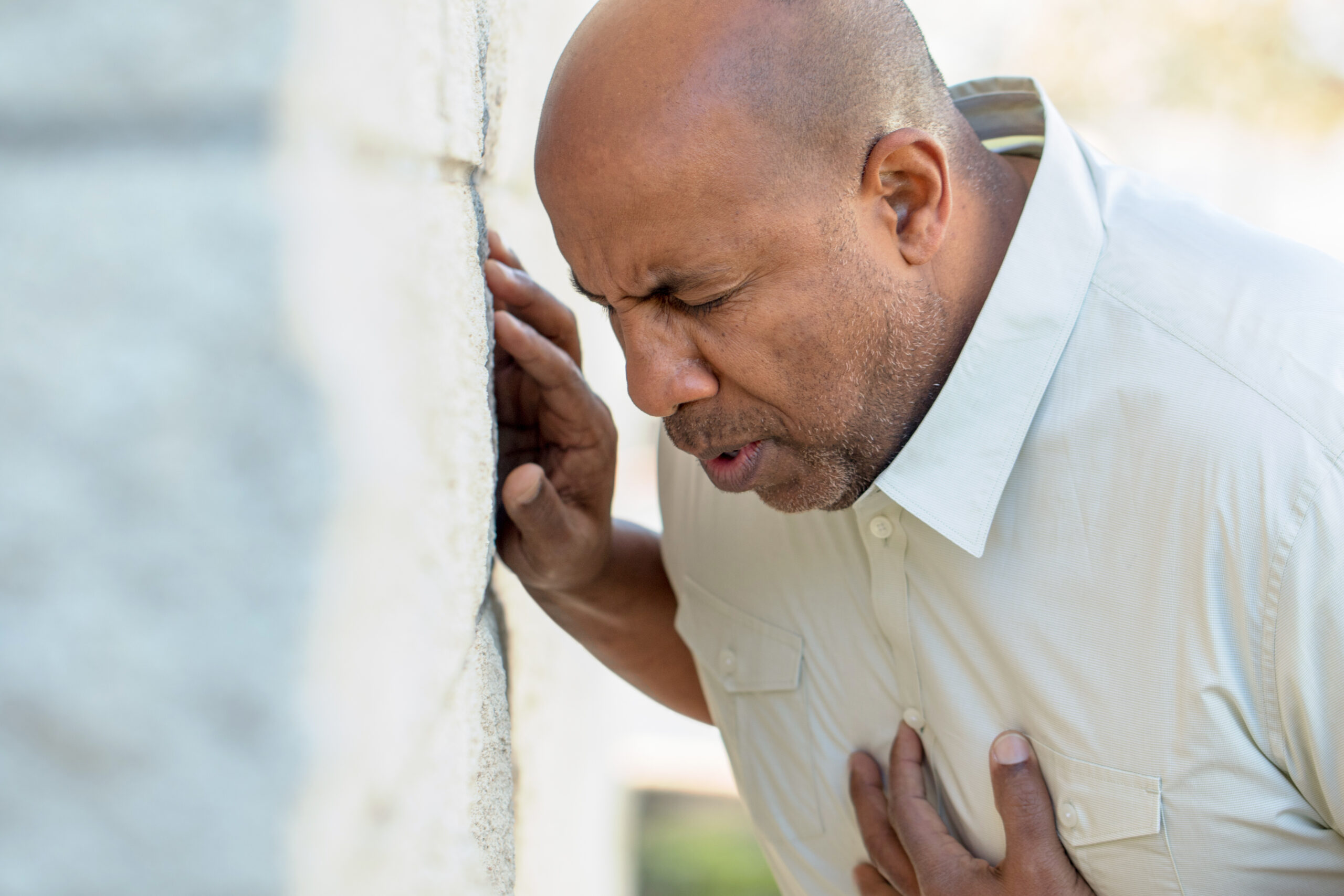
Simple Tricks to Avoid a “Deadly” Heart Attack, Say Doctors Now
Dr. BCW, Dr. Curry-Winchell, talks with Eat This, Not That and shares some simple tricks to avoid a “deadly” heart attack.
Read the full Eat This, Not That article here
Article Snippet:
Heart disease is the leading cause of death in the United States for men and women and according to the Centers for Disease Control and Prevention, every 40 seconds a person has a heart attack. “Every year, about 805,000 people in the United States have a heart attack. Of these, 605,000 are a first heart attack. 200,000 happen to people who have already had a heart attack. About 1 in 5 heart attacks is silent—the damage is done, but the person is not aware of it.” While these stats aren’t reassuring, the good news is there are ways to help avoid a deadly heart attack and Eat This, Not That! Health spoke with Dr. Bayo Curry-Winchell, Urgent Care Medical Director and Physician, Carbon Health and Saint Mary’s Hospital who shares how. Read on—and to ensure your health and the health of others, don’t miss these Sure Signs You’ve Already Had COVID.
Why Are Heart Attacks So Common?
Dr. Curry-Winchell says, “This is a loaded question because there’s so many factors that contribute to heart attacks including but not limited to your lifestyle, age, and family history. Other risk factors include high blood pressure, high blood cholesterol, and smoking. The good news to take away from this is you can always take steps to lower your risk by changing the factors you do control.”
See what else Dr. BCW has to share as she answers questions for Eat This, Not That as they discuss simple tricks to avoid a deadly heart attack.
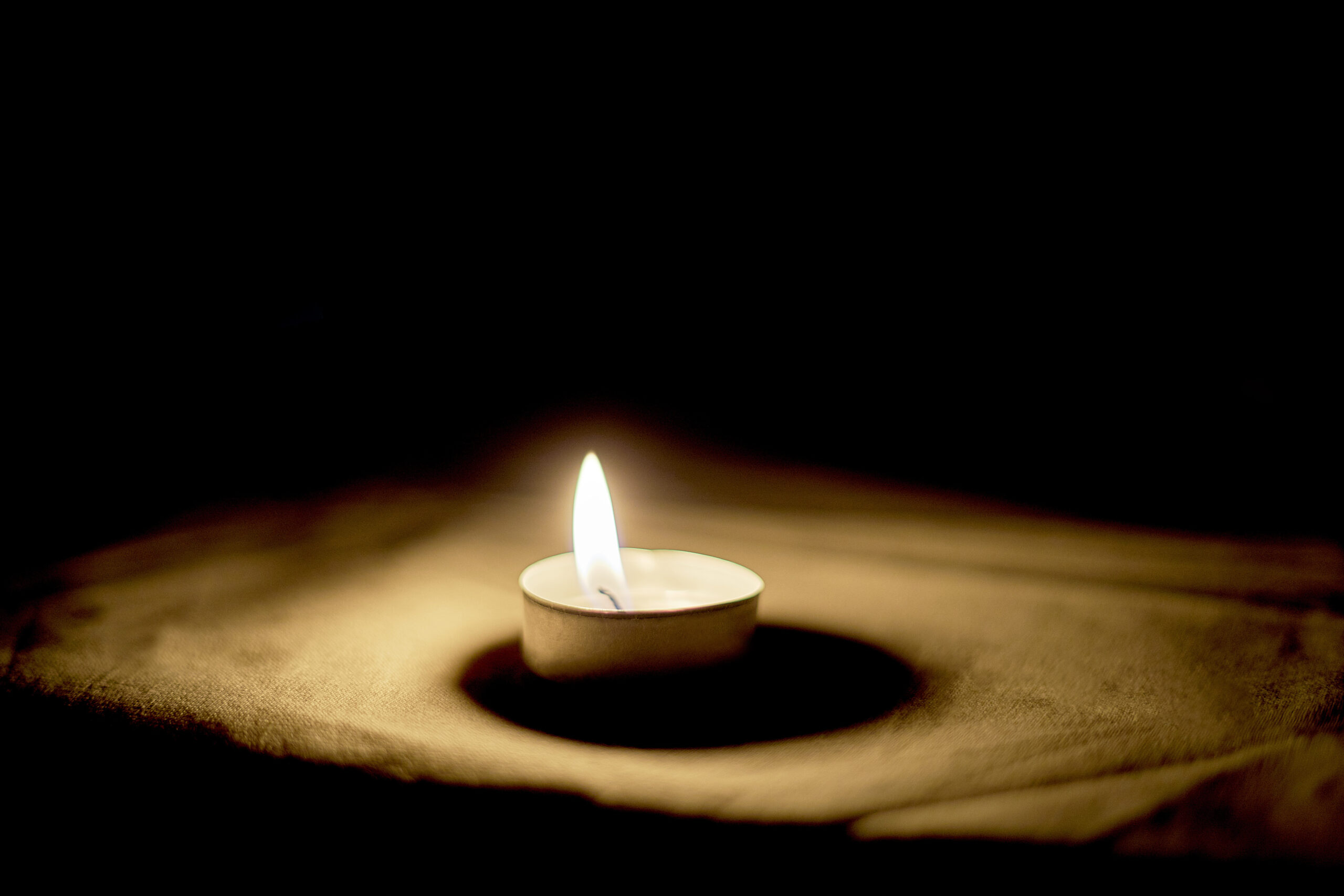
First COVID, now gun violence — what’s next for frontline workers?
Dr. BCW, Dr. Curry-Winchell, discusses with, Reno Gazette Journal, the recent gun violence targeted at health care providers and the challenges modern health care providers face from sickness like COVID to gun violence from disturbed patients. As patients become more and more angry with healthcare workers the risk of violence toward providers becomes more and more of a concern on providers minds. This is a serious topic for anyone working in the healthcare industry.
Read the full Reno Gazette article here
Article Snippet:
“Oh no, not again.” The words we find ourselves saying far too often these days.
Let’s start with COVID. When the virus first spread across the U.S. and paralyzed the world, I was scared.
As an urgent care physician, I was concerned that I could bring this unknown deadly “thing” to my home, and more importantly my family. But despite my fears, I knew I had to help.
There was no hesitation from me, or my colleagues to do our part. We immediately moved into action. No one shied away from shifts, and there wasn’t a single person that hesitated to answer the call of duty.
When some medical offices closed their doors — leaving their patients with nowhere to go — we staged drive-through test sites and mobilized outdoor clinics. Patients came to us extremely sick, unable to breathe, fatigued and with terrible respiratory diseases.
Then, the vaccines.
Initially, people seemed thrilled. But it quickly started to become politicized. We began to see increased mistrust of the health care system, and vicious attacks on frontline workers like myself who diagnosed patients with the virus, or publicly supported vaccinations. Never had there been a time in medical history where people completely dismissed or didn’t believe a doctor’s diagnosis….
See what else Dr. Curry-Winchell has to share about gun violence in her Reno Gazette article linked above.